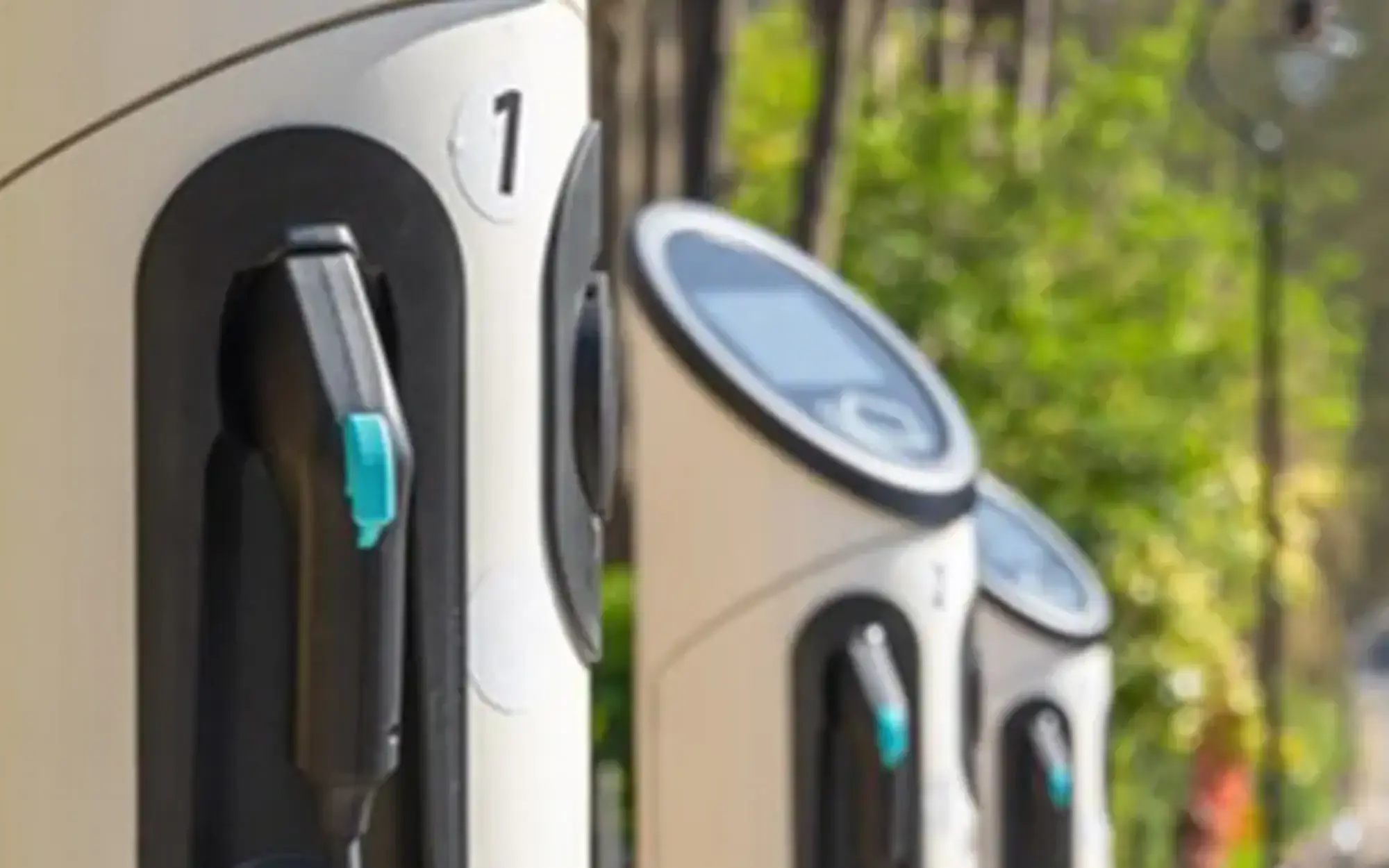
The price we pay for fuel at the pumps is affected by a variety of factors. Read our latest article for the breakdown.
The price we pay for fuel at the pumps is affected by a variety of factors including the world price of crude oil, international exchange rates as refined fuels are sold in US dollars per metric tonne, and supply and demand around the globe.
Fuel retailers base pump prices on the wholesale cost of petrol and diesel, but there is typically a two-week ‘lag’ between pump prices moving to reflect any change in the wholesale price as this is the time it takes for fuel to work its way through the supply chain to the forecourt.
The total retail price paid at the pump also includes a significant amount of tax – 57.95p per litre in fuel duty and 20% VAT.
This means that over 60% of the price we pay at the pump goes direct to the Treasury, which together with car tax and ‘showroom’ tax totals more than £40bn a year.
Fuel price variations
Prices can also vary dramatically from region to region and even in towns that are only a few miles apart.
Sometimes fuel can even be cheaper in a more rural location than in an urban one, perhaps as it happens to be closer to a fuel storage terminal or refinery. Local retail dynamics also play a part.
Local prices are very often driven by the presence of supermarkets keen to compete on price or an independent forecourt retailer that is determined to offer the cheapest fuel.
If local supermarkets selling fuel don't compete strongly on price this can in fact lead to motorists paying more.
Rural fuel prices
The Government has taken action to help some of the country’s most rural communities where the price of fuel is deemed to be negatively affecting residents.
In 2012 it introduced a 5p rural fuel duty discount in the Inner and Outer Hebrides, the Northern Isles, and the Isles of Scilly.
Now the Government is working with the European Union to get the scheme extended to take in rural mainland communities.
The RAC believes the issues of price and security of fuel supply are key to the economic and social well-being of the UK, and that lower forecourt fuel prices actually help stimulate the economy.
Business Breakdown Cover
Keep your business moving
Pay monthly from £11.00 per vehicle – exclusive to the RAC




